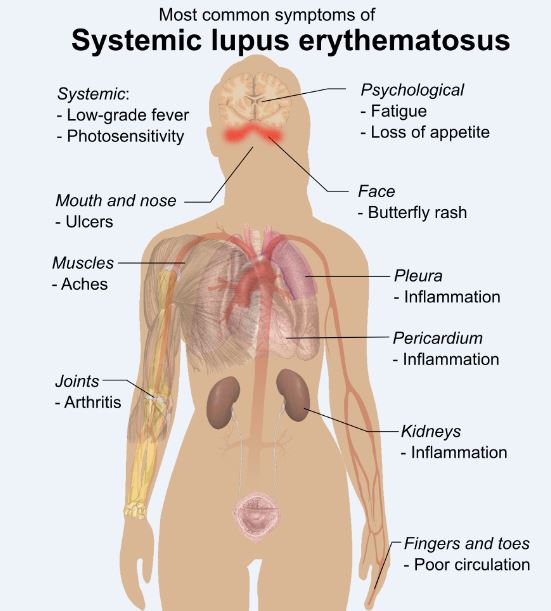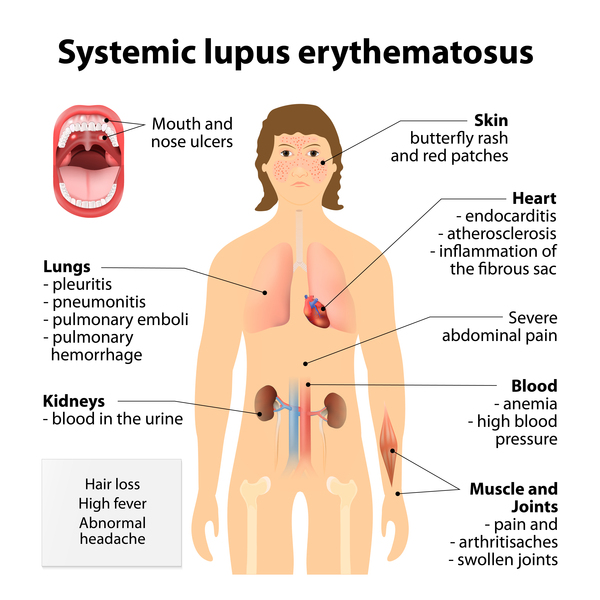
Lupus is an extremely painful chronic (chronic) disease, which attacks various organs, such as the kidney, bones, kidneys, liver, heart, and skin. The main symptoms of lupus are extreme pain in the legs, hips and abdomen. The disorder may be triggered by environmental factors or it can take place for a long time without ever being detected.
Lupus is also known as an autoimmune disease. This is because autoimmunity damages the body's immune system. Autoimmunity occurs when the body's cells react to their own healthy tissues as foreign invaders.
Lupus can affect anyone, especially women of reproductive age. Lupus usually occurs on any part of the body, but usually affects the joints. This is usually caused by a lack of adequate nutrition and other factors such as stress, infection, or a history of lupus.
People with lupus experience severe joint pain. If they have rheumatoid arthritis, they may also experience joint stiffness and discomfort.

Lupus can develop in both adults and children
Some people with lupus may suffer from chronic lupus and show no symptoms for years or even decades. Others may experience only episodic flare-ups of symptoms that disappear after a few days.
Lupus does not respond to conventional medications and treatments and often requires ongoing medication. Lupus does not respond to conventional treatments, control of high blood pressure or antibiotics, so people with lupus should see a doctor regularly.
Lupus affects millions of people around the world. Unfortunately, many of these individuals don't know they have the disease, let alone the possible treatments available for it.
Lupus symptoms and signs vary, depending on the particular patient and their specific case. It is important to get checked out for lupus by a physician, as the disease may have progressed and become life threatening, without them even knowing about it.